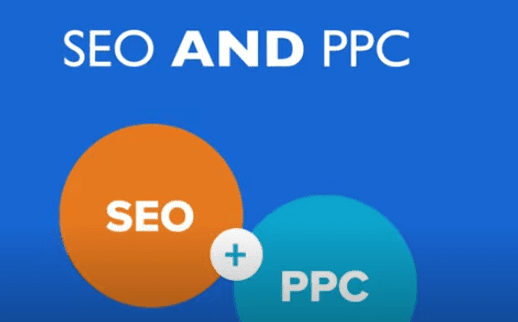In today’s digital age, online visibility is crucial for businesses looking to stay competitive. Two primary ways to increase your online visibility are Pay-Per-Click (PPC) advertising and Search Engine Optimization (SEO). While both approaches aim to increase website traffic, there are significant differences between the two. Here, we’ll explore the pros and cons of each to help you decide which one is right for your business.
What is PPC?
PPC is a type of online advertising in which advertisers pay each time a user clicks on one of their ads. Advertisers bid on specific keywords, and the ads appear at the top of search engine results pages (SERPs) when users search for those keywords. PPC campaigns can also include display ads on social media platforms and other websites.
Pros of PPC
Immediate Results – When done properly with help from experts like PPC Geeks, you can see results almost instantly. Unlike SEO, which takes time to show results, PPC ads can start generating traffic to your website as soon as your campaign goes live.
Targeted Traffic – With PPC, you can target users who are actively searching for keywords related to your business. This means you’re more likely to reach potential customers who are interested in what you have to offer.
Flexibility – PPC allows you to adjust your campaign settings in real time, so you can optimise your ads based on performance. For example, if you notice that certain keywords are generating more clicks than others, you can adjust your bids accordingly.
Cons of PPC
Cost – PPC can be expensive, especially if you’re bidding on highly competitive keywords. It’s essential to set a budget and monitor your spending carefully to ensure you’re getting a good return on investment.
Limited Reach – While PPC can generate a significant amount of traffic, it’s still limited to users who are actively searching for your targeted keywords. This means you may miss out on potential customers who are not yet aware of your brand.
Ad Fatigue – Over time, users may start to tune out your ads, especially if they see them repeatedly. This means you’ll need to refresh your ads regularly to keep them relevant and engaging.
What is SEO?
SEO is the process of optimising your website to rank higher in organic search results. This involves creating high-quality content, building backlinks, and optimising your website’s technical aspects to improve its search engine ranking.
Pros of SEO
Cost-Effective – Unlike PPC, which requires ongoing payments, SEO can generate long-term results without ongoing costs. While it can take time to achieve a high ranking, once you do, you can continue to generate traffic to your website without paying for advertising.
Increased Brand Awareness – By ranking higher in search results, you can increase brand awareness and establish your business as an authority in your industry.
Trust – Organic search results are seen as more trustworthy than paid ads. By appearing at the top of organic search results, you can increase trust in your brand and generate more leads and conversions.
Cons of SEO
Time-Consuming – SEO requires a significant investment of time and effort. It can take months or even years to achieve a high ranking, and ongoing effort is required to maintain it.
Uncertainty – SEO is not an exact science, and there’s no guarantee that your efforts will pay off. Search engine algorithms are constantly changing, so what works today may not work tomorrow.
Limited Control – With SEO, you have limited control over how your website ranks in search results. While you can optimise your website, you can’t control how search engines interpret your content or how users interact with it.
Which One is Right For Your Business?
Ultimately, the choice between PPC and SEO depends on your business goals, budget, and timeline. If you’re looking for immediate results and have a flexible budget, PPC may be the better option for you. However, if you’re willing to invest time and effort into building a long-term online presence, SEO may be the better choice.
It’s important to know that PPC and SEO are not mutually exclusive. In fact, they can work together to complement each other. For example, PPC can be used to generate immediate traffic while you work on building your SEO strategy. Once your SEO efforts start paying off, you can reduce your PPC spend and rely more on organic traffic.
When deciding between PPC and SEO, it’s also essential to consider your target audience. If your target audience is tech-savvy and likely to use search engines to find products or services, SEO may be the better option. On the other hand, if your target audience is more social media-oriented, PPC may be a more effective way to reach them.
Conclusion
In conclusion, there is no one-size-fits-all answer to the question of whether PPC or SEO is right for your business. It depends on your unique goals, budget, and target audience. By understanding the pros and cons of each approach, you can make an informed decision and create an online marketing strategy that works for your business.

| [donate]
| Help keep news FREE for our readersSupporting your local community newspaper/online news outlet is crucial now more than ever. If you believe in independent journalism,then consider making a valuable contribution by making a one-time or monthly donation. We operate in rural areas where providing unbiased news can be challenging. |

















